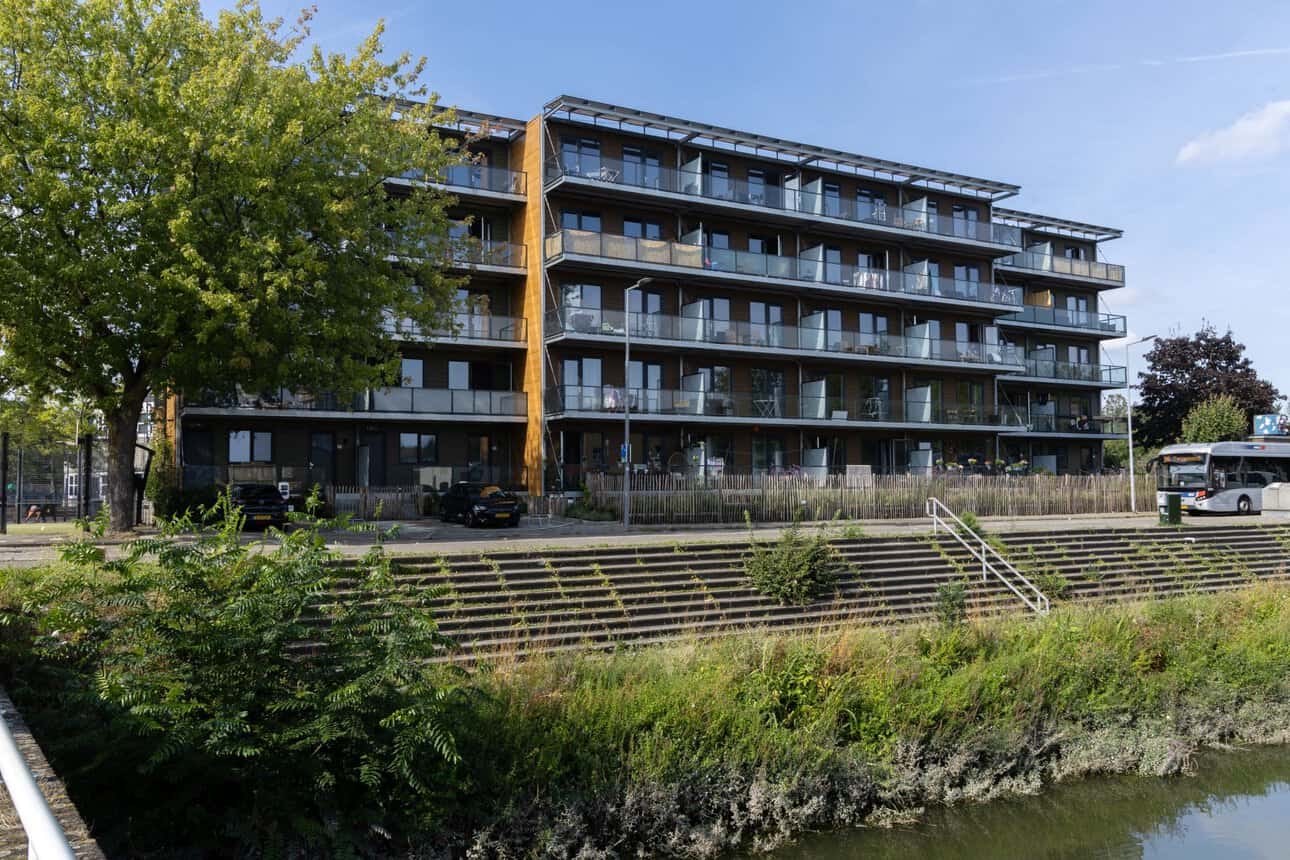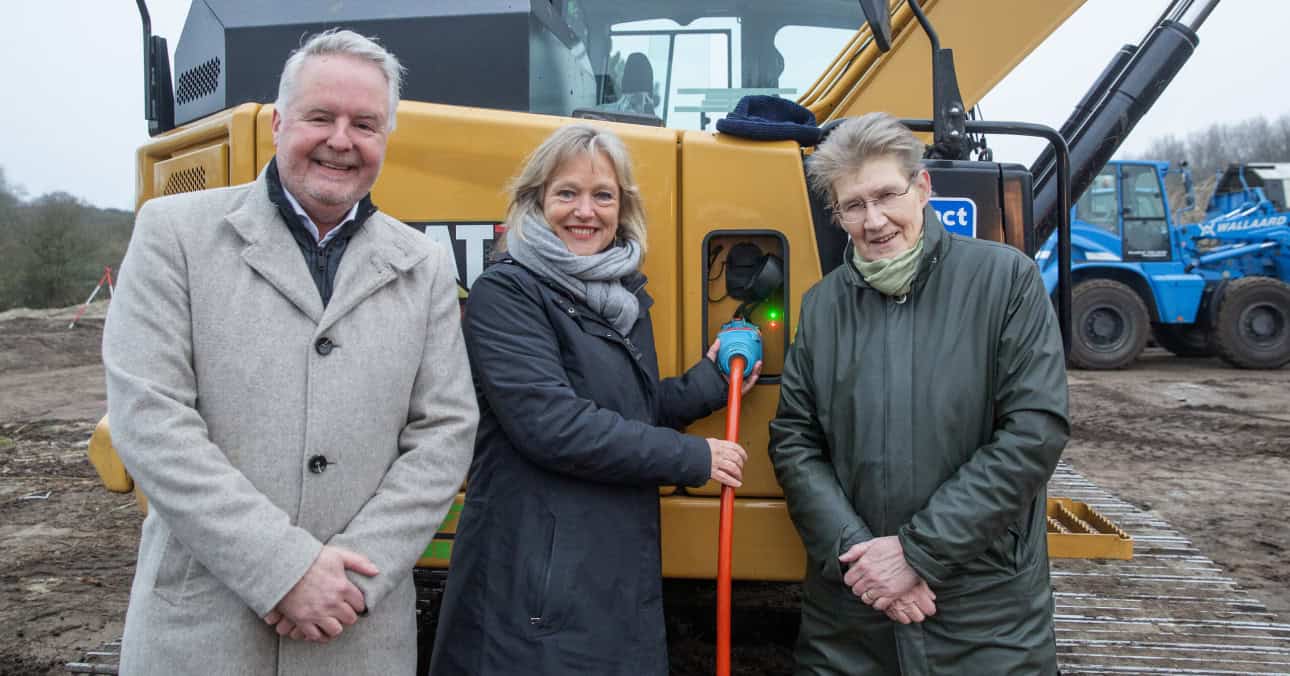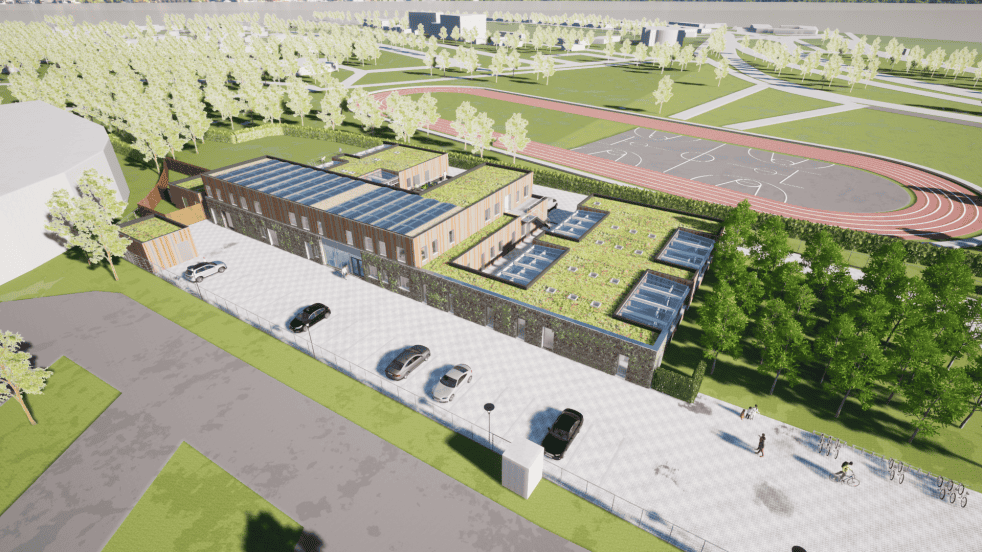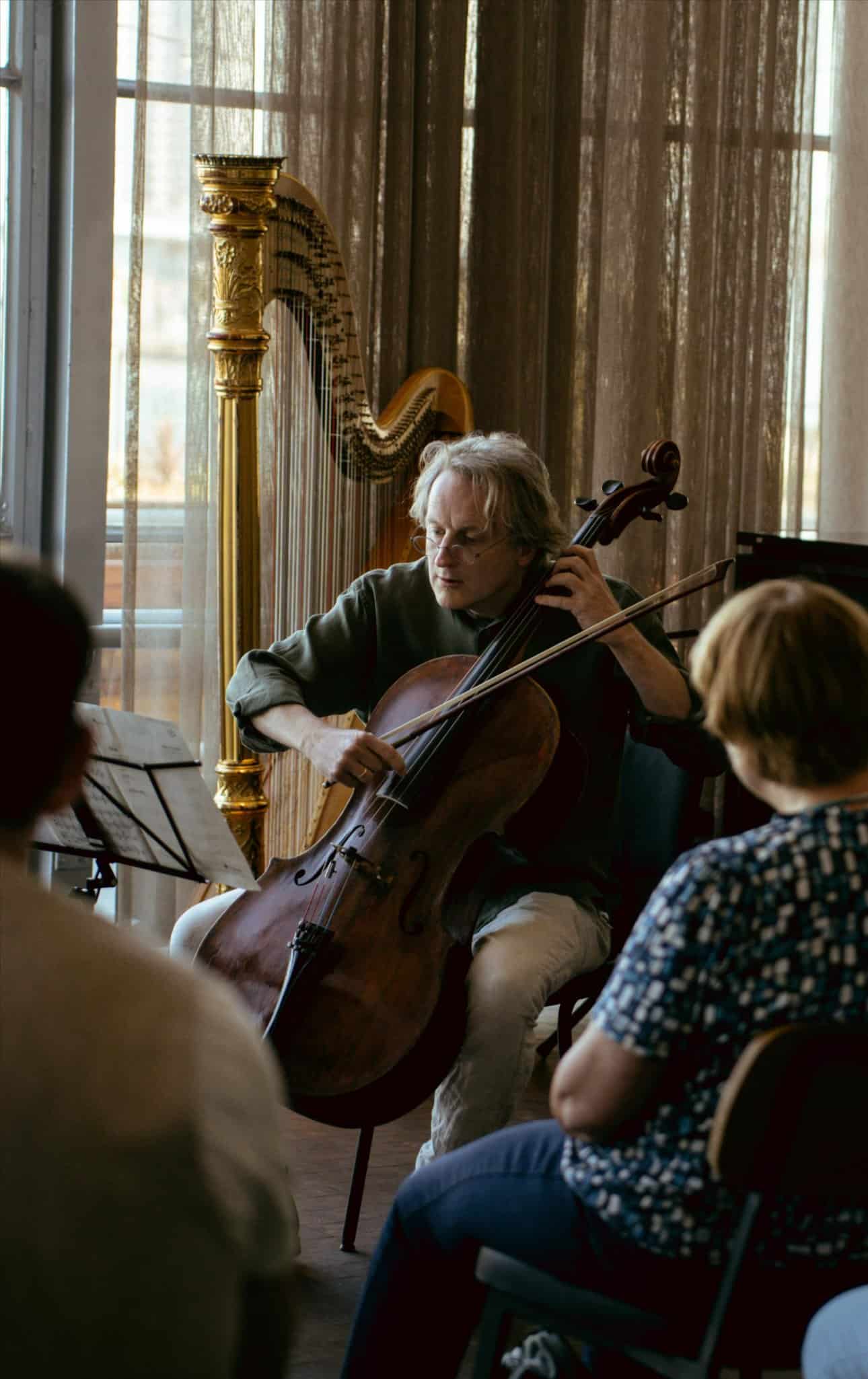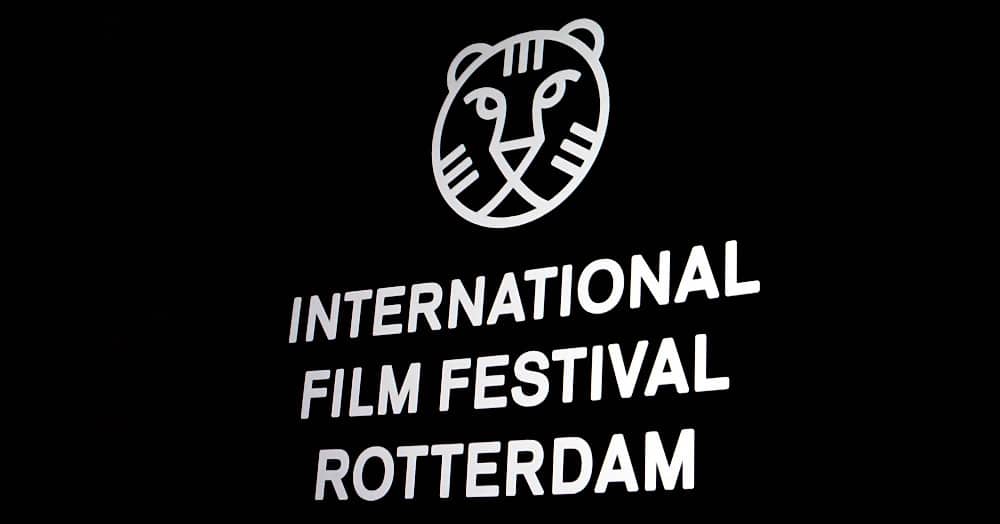ROTTERDAM, 23 January 2025 – The City of Rotterdam has announced plans to develop 1,000 compact housing units, called StartR homes, to address the city’s housing shortage. Designed to meet the needs of young people and others in urgent need of housing, these homes will serve as temporary, affordable options while permanent housing solutions remain in high demand.
Addressing housing challenges
The StartR homes are part of an effort to provide affordable, compact, and sustainable housing options. These units will target young adults under 27, people transitioning to independent living, and new residents, including those with refugee status. According to Alderman Zeegers, the initiative is crucial for those who are unable to find housing due to long wait times and limited availability, particularly younger residents starting their professional lives.
Two-thirds of the homes will be prioritised for young people already living near the chosen sites, helping them stay within their social networks. The remaining units will be allocated to status holders (statushouders) who are beginning new lives in the city. The municipality received €8.7 million from the national government to accelerate this project, with a requirement that no more than one-third of the homes are allocated to new arrivals.
Sustainable and flexible housing
StartR homes are prefabricated from sustainable, reusable materials and are designed for one to two residents. Each unit is equipped with a private kitchen, toilet, and shower. Communal indoor and outdoor spaces will encourage social interaction, and facilities such as bicycle storage, parking spaces, and shared transport will also be available.
The housing will be installed on temporary locations with residential zoning for periods ranging from 10 to 30 years. After this period, the units can be relocated to other sites. Additional efforts include repurposing unused buildings, such as offices and schools, into residential spaces.
Locations and future plans
Eight sites across Rotterdam have been identified for the first wave of construction:
- Hefpark, Feijenoord
- Laan van Magisch Realisme, Nesselande
- Toepad, De Esch
- Verolme, IJsselmonde
- Wilgenring and Meijersplein, Schiebroek
- Krimsloot, Hoek van Holland
- De Ark, Rozenburg
Based on the experiences with these sites, further studies will explore the development of an additional 900 units. The overall goal is to create 2,000 social housing units, providing temporary relief to the city’s growing housing needs.
How to apply
Once the StartR homes are completed, eligible residents can apply through the housing corporation managing the specific location. Tenancy terms will be temporary, with residents encouraged to transition into permanent housing as they become available. Importantly, tenants’ registrations with Woonnet will remain active during their stay. Depending on income, some may also qualify for housing allowances.

